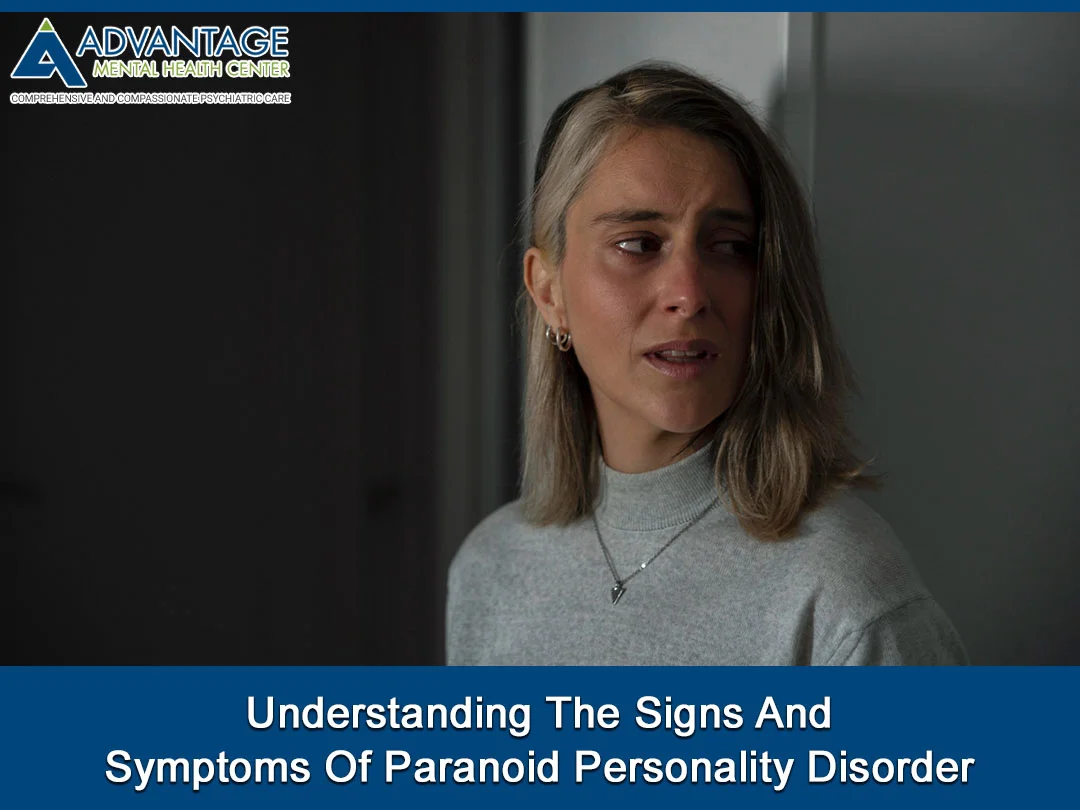It can be normal to feel paranoid or anxious in certain situations, but when these feelings become overwhelming and completely govern a person’s life, it could be a sign that they are living with paranoid personality disorder. Whether you have been recently diagnosed with paranoid personality disorder or suspect someone you know near Tampa is suffering from it, it can be helpful to understand more about this mental health condition.
Here are some of the important things you should know about the signs and symptoms of paranoid personality disorder and how you can find support in Clearwater.
What are the Signs and Symptoms of Paranoid Personality Disorder?
The signs and symptoms of paranoid personality disorder, also known as PPD, can manifest themselves differently from one person to another. This means that just because you might understand some aspects of this condition, it does not mean you understand all the people who have paranoid personality disorder.
Some of the common signs of PPD include a general mistrust of other people, even though there might not appear to be any reason for doing so. People with PPD may believe that others are trying to hurt them or threaten them. They may have great difficulty trusting anyone and be unable to relax when they are around other people.
Struggling to deal with criticism and responding to comments in a hostile or aggressive way could also be symptoms experienced by people with PPD. These are just a few of the common signs of paranoid personality disorder that could help you understand why a person is behaving the way they are.
How Can Someone Manage the Symptoms of Paranoid Personality Disorder?
Like many other personality disorders and mental health conditions, paranoid personality disorder cannot necessarily be cured, but there are many things a person can do to help manage the symptoms from one day to the next.
One of the key things that can help you to manage PPD is understanding more about this condition. Understanding more about it can help you learn about the signs, symptoms, and triggers – helping you avoid certain situations or take precautions to mitigate the impacts.
People with PPD may also benefit from making changes to their lifestyle, such as exercise and eating habits. Mental health can be vastly improved by eating nutritious foods to support good well-being and proactively moving your body more each day. Getting adequate sleep each night can also work wonders for your overall health and well-being, helping to combat the signs and symptoms that come with paranoid personality disorder and other common mental health conditions.
Seeking Help for Paranoid Personality Disorder
While you can make many lifestyle changes to help boost your health, there are also external support networks you can look to. For example, you might be able to find peer-to-peer support groups near Tampa to feel more connected with people who can listen and share your concerns.
Explore the options for working with a psychiatrist in Clearwater since this can help you get professional support at times when you need it. Regular support from a psychiatrist could help you boost your health and well-being and deal more effectively with the symptoms of paranoid personality disorder every day.
Find a Psychiatrist to Support Your Mental Health
If you are looking for a psychiatrist in Clearwater who has experience working with individuals who have paranoid personality disorder, Advantage Mental Health Center might be the right place for you. With the help of a qualified psychiatrist from this center, you can gain a better understanding of PPD and learn effective strategies to manage this common mental health condition.
Picture Credit: Freepik


